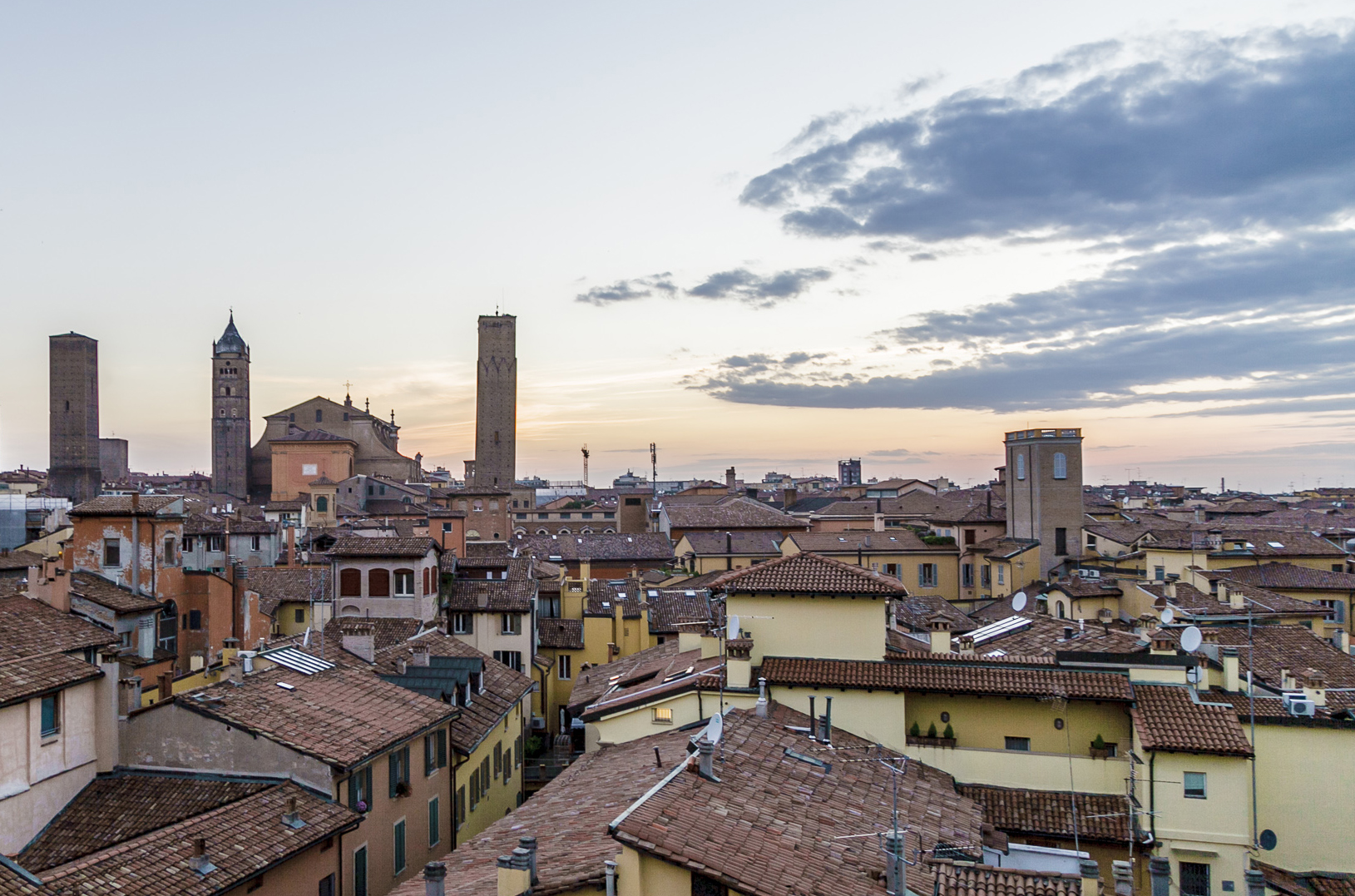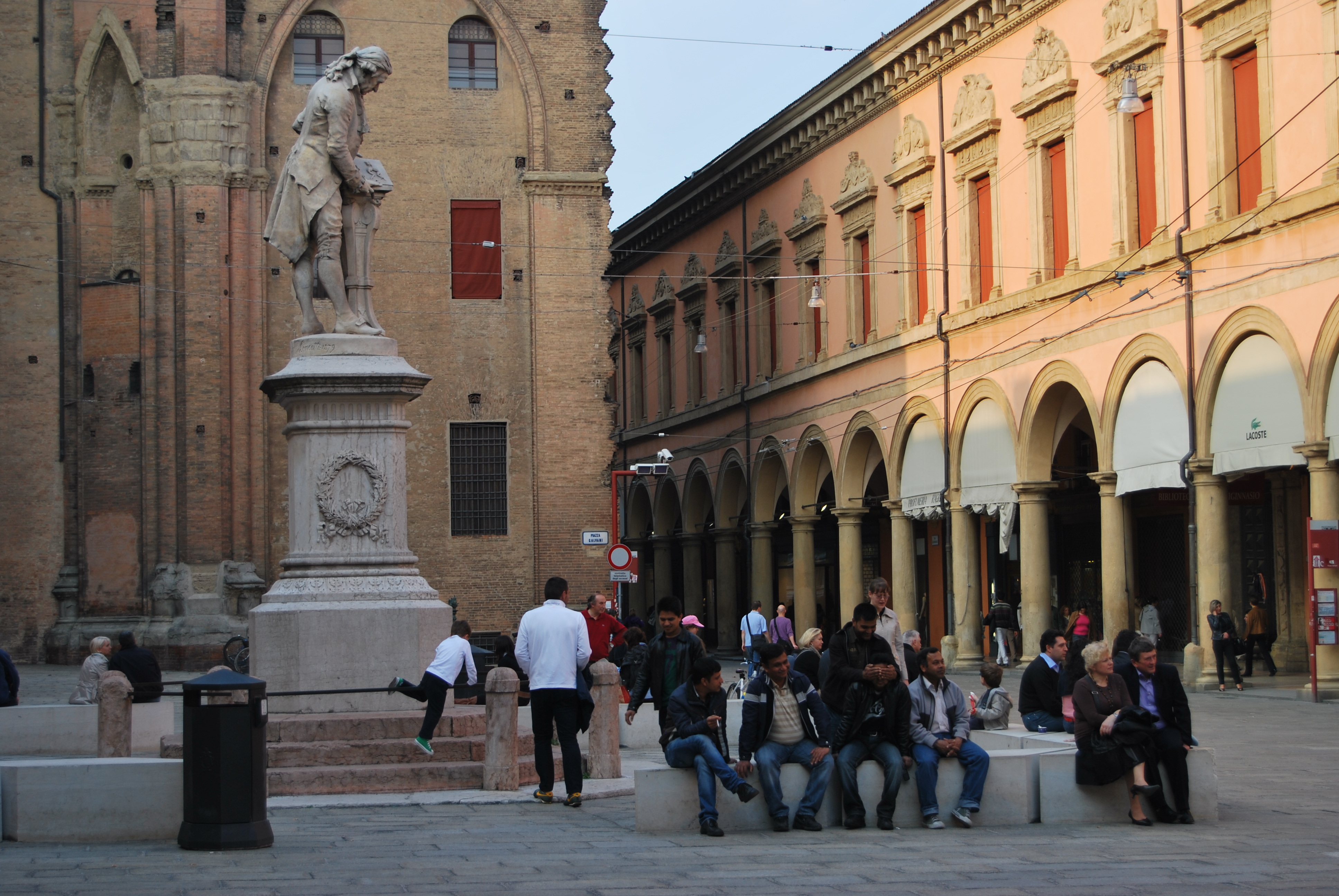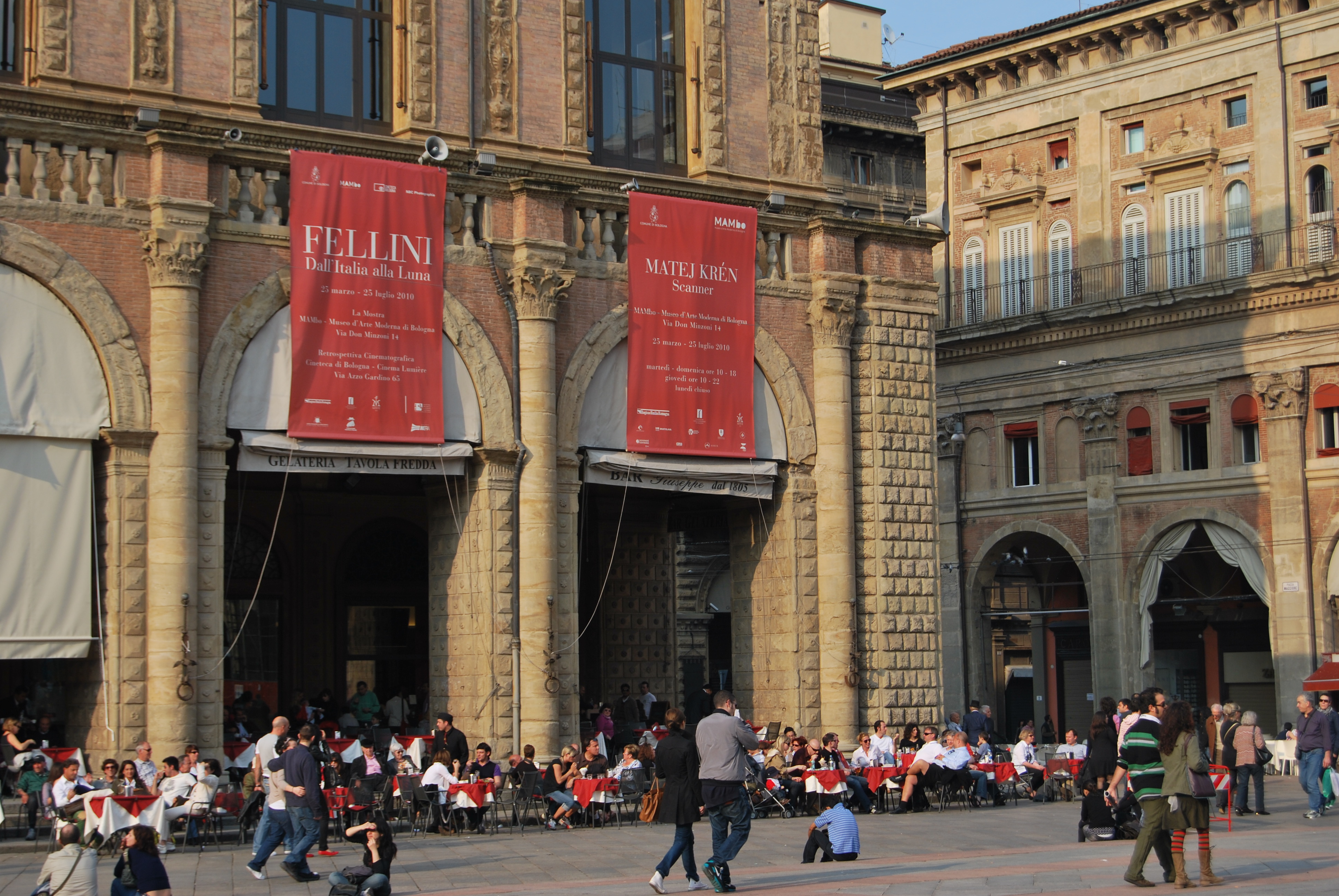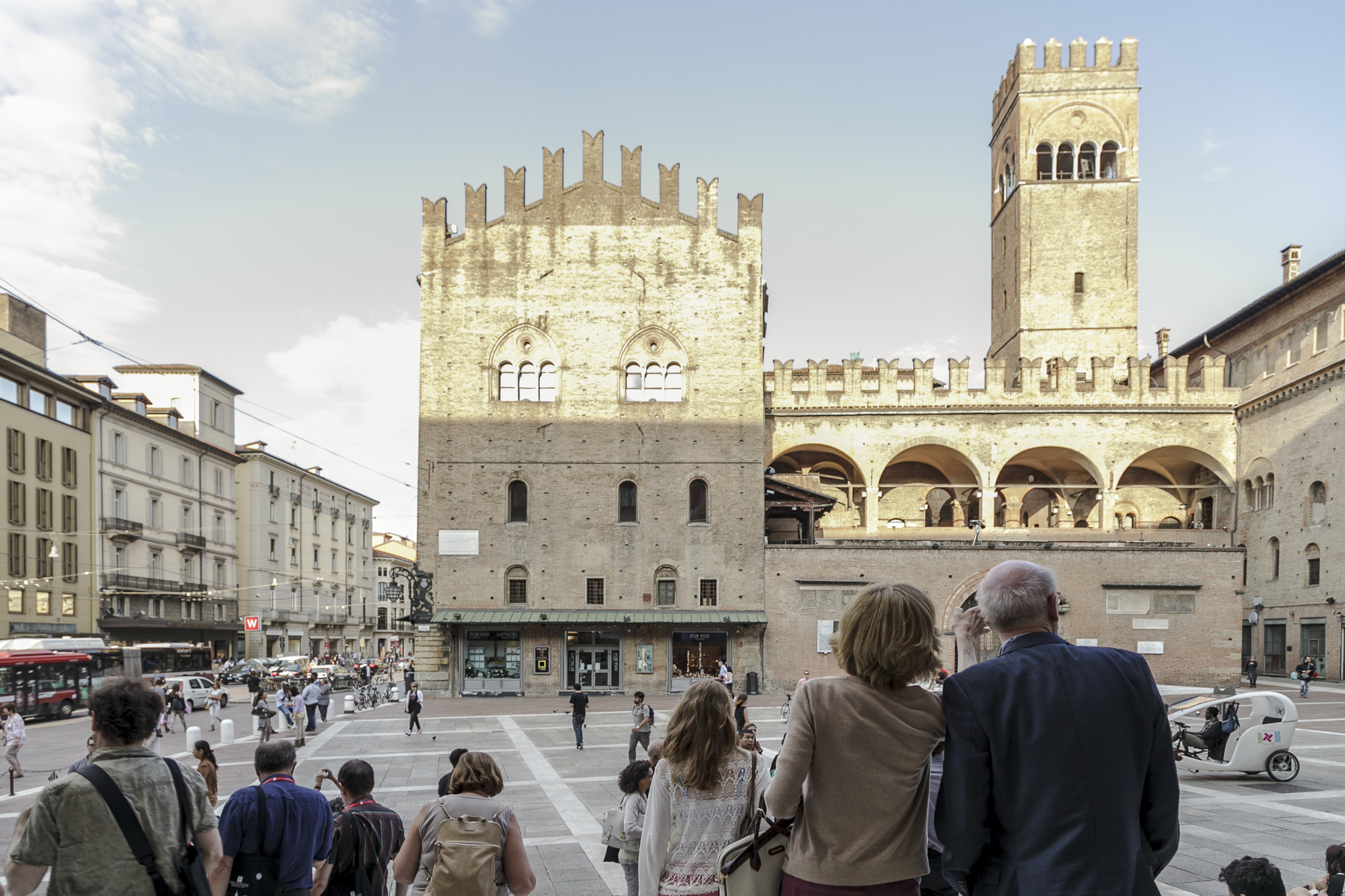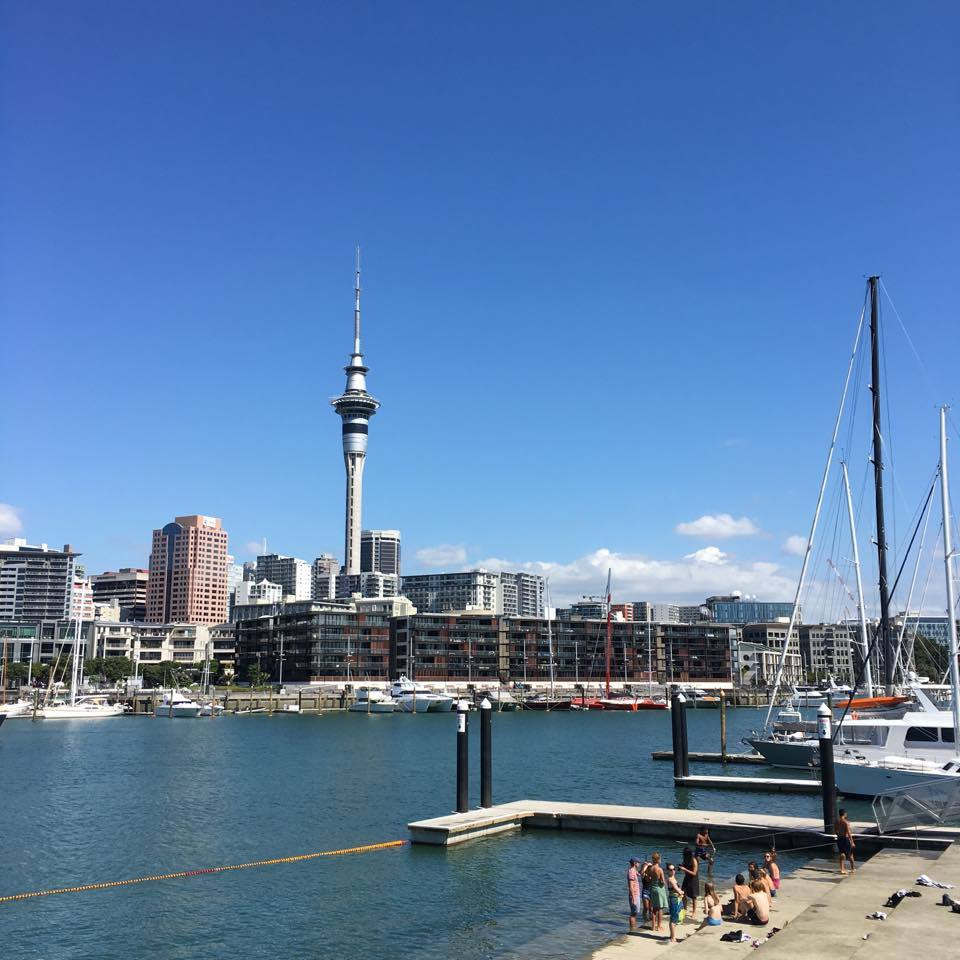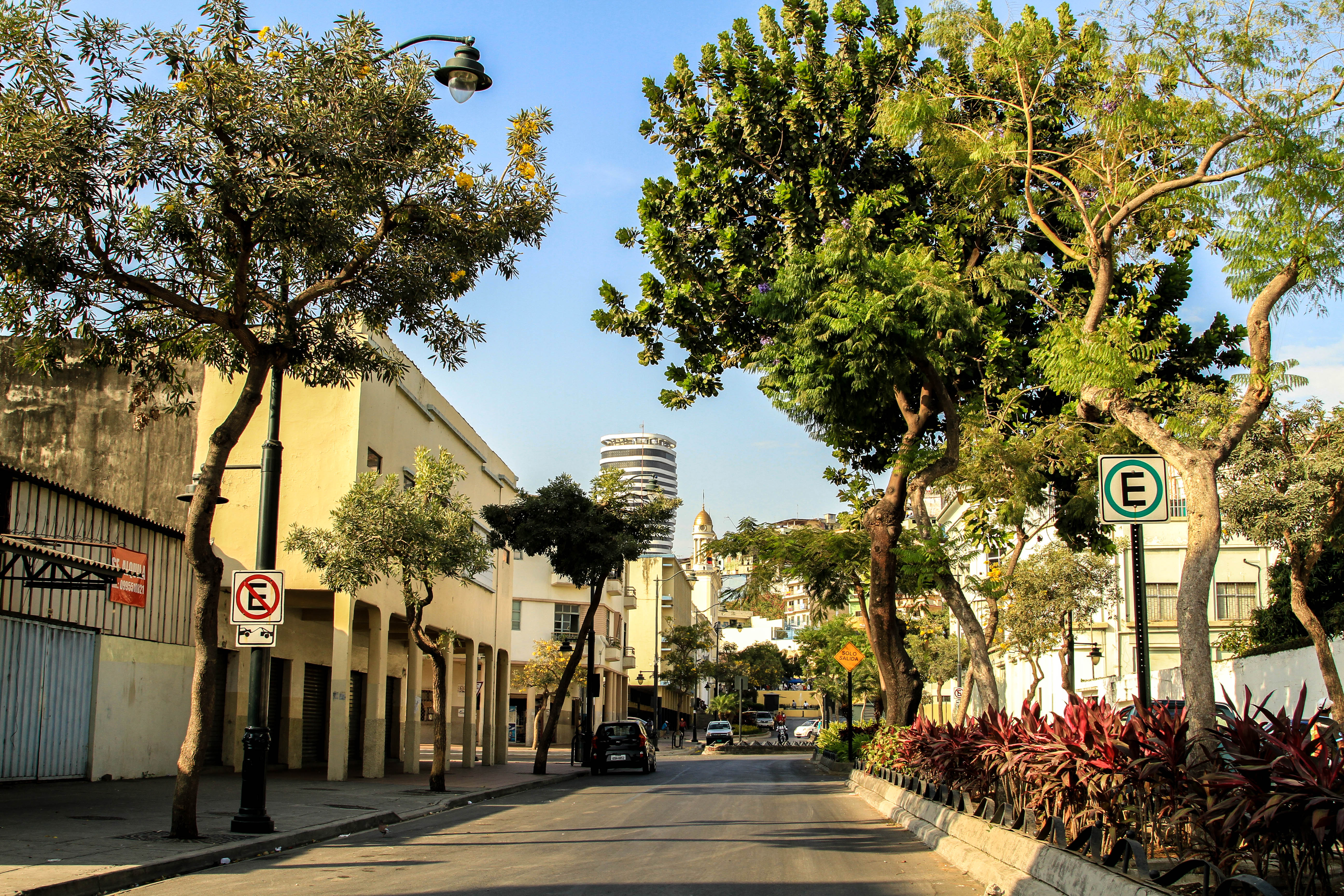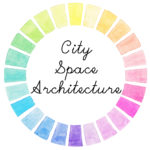‘Stand up for Public Space!’ is powered by City Space Architecture
.
‘Stand up for Public Space!’ is a lecture by Dr Luisa Bravo,
President of City Space Architecture,
included in the UN-Habitat Global Urban Lectures Series, one of the UN-Habitat’s most publicly shared online outreach initiatives.
Open the lecture at UN-Habitat website.
..
With over 100,000 views, UN Habitat Global Urban Lectures are the most viewed videos of UN-Habitat. Every 15 min video lecture documents sustainable urban development knowledge of urban experts associated with UN Habitat and shares it across UN-Habitat’s wide partner base across the globe. These lectures are part of Habitat UNI, which is UN-Habitat’s partnership with universities worldwide. UNI (previously HPUI – Habitat Partner University Initiative) was introduced as a means of promoting cooperation between UN-Habitat and institutions of higher education, as well as facilitating exchange and cooperation among universities globally. UNI promotes universities becoming closer partners of cities, actively engaged in problem solving, thus closing the gap between academia and practice and encouraging collaborative learning. UNI promotes and facilitates the dissemination of educational and research products of its members and involve scholars, researchers and students in a number of activities. The collaborations aspire to create the next generation of urban leaders, managers, researchers and practitioners. UN Habitat acts as a catalyst, facilitating partnerships between universities and other agenda partners.
For more info regarding UNI Habitat: https://unhabitat.org/uni
SYNOPSIS
Issues which the lecture addresses
Public space is more and more an emerging issue in our contemporary societies. In the research and academia discourse, we are often referring to exempla from the so-called global West or global North, thus imposing an oversimplified view of public space design, management and use, relating to successful projects and celebrating architects and urban designers. Those exempla are standing like relevant episodes in the urban context, but in some cases do not address the peculiarity and diversity of cities, societies and spaces, especially in those contexts where public space is mostly appropriated by informal and spontaneous practices: sometimes even a good design could not be able to create a proper public space for community life.
The notion and the approach to public space still needs a deep clarification, for scholars, architects, urban designers and city managers, mainly in the process of analysis and understanding of its complex evolving nature, especially from a bottom-up and user-oriented perspective related to everyday life.
Short analysis of the above issues
Today public space deals with cultural richness, identity and diversity, but also inequalities, contradictions and conflicts. Economic issues, privatization trends and gentrification processes are dominating aspirations of local communities. While a large group of scholars is currently questioning the ownership of the city, in many cities activists, private groups and organizations are advocating a better city and society, connecting innermost emotions of collective expectations to the outward manifestation in the public domain. In many cities they are already at work to establish a fruitful collaboration with property owners, developers, planners and politicians.
A general reflection is needed: as architects and designers, we still need to understand how to shape the world around us, we still need to define concepts, images and tools to outline the entire existing urban landscape. What is evident is that architects and urban designers should act as a part of the contemporary society, rather than superior and outside it, using their specialized knowledge inside a really complex process, on a common ground of debate and growth with local governments but also with local communities and stakeholders. The consolidated design process should be enriched with a real multifaceted and comprehensive approach, embedding aspirations of open-minded citizens through negotiation practices and sensory experiences.
For public administrators the management of public space appears today as a complex task, a balance between physical space and public life: the ability to see, understand and analyse such complexity should not be taken for granted.
Public spaces can behave as places of multi-layered connections, sharing ideals and cultural awareness: they can grant and gather all wishes becoming engine of a real social rebirth for people, neighbourhoods and communities, more than architectural landmarks that could be able to generate some kind of impact on the urban context. We should take care much more of our ordinary, existing urban world, with a more humble and sensitive approach, even with small but proper, context-based design interventions, rather than looking for some new, extraordinary, big-scale, glittering solutions. In the global West or global North this is especially true in the suburban environment.
Propositions for addressing the issue
The lecture will address the following issues:
– top-down approach vs bottom-up practices in the contemporary age
– architecture/architects and urban design/designers as open-minded tools/actors
– the relevance of public space in the urban discourse
– the players involved in the public space process
– lessons learned and what we still need to know/do
– what everyone can do everyday for public space
BIOGRAPHY
Luisa Bravo is an architectural engineer and an academic scholar, educated in Italy, UK and France. After completing her PhD, with a thesis on contemporary urbanism, at University of Bologna (Italy, 2008), she has been researching, teaching and lecturing in several Universities, in Italy and Europe, the United States, Middle East, Asia and Australia. Visiting scholar at IURD – Institute of Urban and Regional Development, University of California Berkeley (USA, 2012), Visiting Assistant Professor at the School of Architecture and Design, Lebanese American University in Beirut (Lebanon, 2015), she is currently Adjunct Professor in Urban Design at the University of Florence in Italy.
Luisa is the Founder and President of City Space Architecture, a non-profit organization based in Italy that performs as multidisciplinary platform for scholars, professionals, artists and citizens engaged in architecture, public space, cities and urbanity. She is Founder and Editor in Chief of ‘The Journal of Public Space’, established by City Space Architecture in partnership with UN-Habitat, the United Nations Human Settlements Programme.
At the Habitat III conference held ind Quito (2016), Luisa launched a global campaign called ‘Stand up for Public Space!’, promoted by City Space Architecture, in order to spread awareness on the importance of reclaiming public space as a common good in our contemporary cities.
Luisa’s full profile is available here.
READING MATERIALS
Resources
Stand up for Public Space! http://www.standupforpublicspace.org/
The Charter of Public Space: http://www.biennalespaziopubblico.it/outputs/the-charter-of-public-space/
The Journal of Public Space: https://journalpublicspace.org/
The European Prize for Urban Public Space: http://publicspace.org/en
Academic readings
Bravo, L. and Sgarbi, C. (2013), The public space of education, Vol. 4, n. 1 (special issue), IN_BO. Ricerche e progetti per il territorio, la città e l’architettura, Department of Architecture, University of Bologna, open access journal, available at http://in_bo.unibo.it/issue/view/377
Bravo, L. and Crawford, M (2014) “Publics and their spaces: renewing urbanity in city and suburb”, in Cavallo, R. et al. (eds), New urban configurations, IOS Press & TU Delft, The Netherlands, pp. 784-789, ISBN 978-1-61499-365-0
Crawford, M. et al. (2008), Everyday Urbanism, Monacelli Press, New York
Fraser, N. (1990), Rethinking the Public Sphere: A Contribution to the Critique of Actually Existing Democracy, in ‘Social Text’, n. 25/26, pp. 56-80
Hannay, A. (2005), On The Public, Routledge
Harvey, D. (2008), The right to the city, in ‘New Left Review’, vol. 53, Sept-Oct, pp. 23-40 https://newleftreview.org/II/53/david-harvey-the-right-to-the-city
Kelbaugh, D. (2001), Three Urbanisms and the Public Realm, Proceedings of the 3rd International, Space Syntax Symposium https://www.acsa-arch.org/proceedings/International%20Proceedings/ACSA.Intl.2001/ACSA.Intl.2001.103.pdf
Bottom-up actions
SpontaneousInterventions | Design Actions for the Common Good: http://www.spontaneousinterventions.org/interventions
Tactical Urbanism: http://www.tacticalurbanismguide.com/
Placemaking: http://www.pps.org/
Activist Academy – Public Space and Activism http://www.activisthive.org/public-space-and-activism/
DIY Urbanism http://www.spur.org/publications/urbanist-article/2010-09-01/diy-urbanism
Opinion pieces
Jane Jacobs and the Power of Women Planners, by Roberta Brandes Gratz: http://www.citylab.com/politics/2011/11/jane-jacobs-and-power-women-planners/502/
Who owns the city, by Saskia Sassen: https://www.theguardian.com/cities/2015/nov/24/who-owns-our-cities-and-why-this-urban-takeover-should-concern-us-all
How to build a sustainable city, by Jamie Lerner: http://www.nytimes.com/2015/12/07/opinion/how-to-build-a-sustainable-city.html
Video lecture
Jan Gehl, In Search of the Human Scale (TEDxKEA) https://www.youtube.com/watch?v=Cgw9oHDfJ4k
Films
Urbanized, a film by Gary Hustwit http://www.hustwit.com/urbanized/
The Human Scale, a film by Andreas Dalsgaard on the work of Jan Gehl https://www.imdb.com/title/tt2414454/
Human, a film by Yann Arthus-Bertrand http://www.human-themovie.org/
CITY SPACE ARCHITECTURE
Website: http://www.cityspacearchitecture.org
Facebook: https://www.facebook.com/CitySpaceArchitecture
Twitter: https://twitter.com/CitySpaceArchi
LinkedIn: https://www.linkedin.com/company/city-space-architecture/



